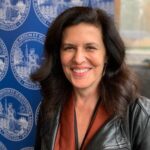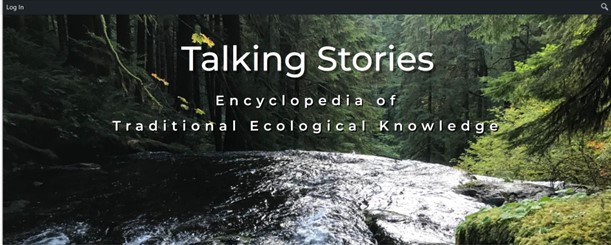
Michelle Scalise Sugiyama (CEP alum) has been researching hunter-gatherer stories, to see whether they are tailored to convey key ecological knowledge. She has created Talking Stories: An Encyclopedia of Traditional Ecological Knowledge, and made it available to all who are interested in evolutionary psychology and the arts.
Scalise Sugiyama also runs the Cognitive Cultural Studies Project. The CCSP traces universal human symbolic and aesthetic behaviors–such as storytelling, visual art, song, dance, games, and ritual–to their evolutionary roots in our hunter-gatherer past.
Does beauty build adapted minds? Toward an evolutionary theory of aesthetics, fiction, and the arts
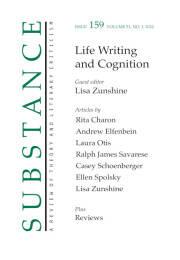
John Tooby & Leda Cosmides (2001). SubStance, 30 (1), 6-27. Special Issue (94/95): On the Origin of Fictions: Interdisciplinary Perspectives
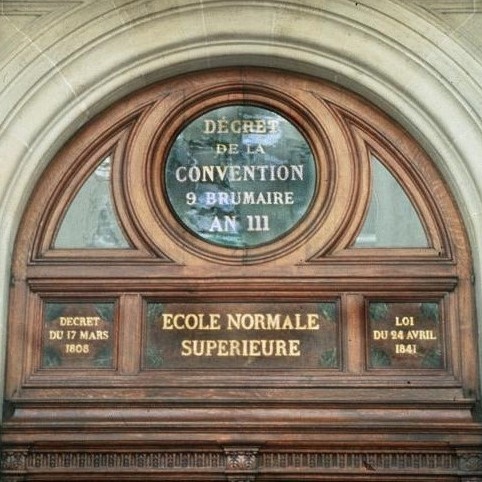
There is a new, collaborative project on The Cognitive Foundations of Fictional Stories, organized by Edgar Doubourg, Nicolas Baumard and the evolutionary psychology and social cognition group at the École normale supérieure in Paris

What about avant-garde cinema? Can evolutionary psychology illuminate anything about it? See Aesthetic Affordances: Form and the Intuitive Mind, by Daniel Martini Tybjerg–his UCSB dissertation in literature about EP, Gibsonian affordances, Lettrism, and Virginia Woolf.
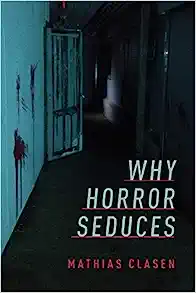
Mathias Clasen specializes in horror fiction and recreational fear, which he has investigated from an evolutionary perspective. Here is is TEDx talk, and here is his book, Why Horror Seduces. Matias had a visiting fellowship at the CEP in 2011, while he was working on his dissertation. He is now a professor of literature and film at Aarhus University in Denmark.

If you are interested in evolutionary psychology and literature, look into Joseph Carroll, professor of English at University of Missouri-St Louis. He is Editor-in-Chief of the journal Evolution and Imaginative Culture, and has published many volumes on the topic. His 1995 book, Evolution and Literary Theory, was one of the first works to incorporate evolutionary psychology into the study of literature. He recently won the Human Behavior and Evolution Society’s Lifetime Achievement Award.
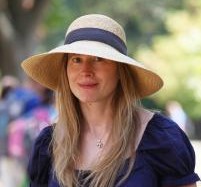
Lisa Zunshine, professor of English at the University of Kentucky, was a regular at the CEP Research Seminar when she was in graduate school at UCSB. She is well-known for her many works applying cognitive science–especially research on theory of mind–to literature.

Mette Kramer and Daniel Barratt were visiting predoctoral students at the CEP (at different times!) when they were graduate students. Their scholarship links EP, cognitive science, and film studies. They are currently at the University of Copehnhagen in Denmark.
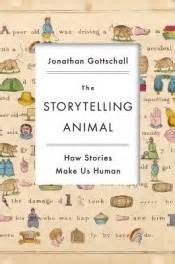
Others in what Matias Clasen calls “the small but welcoming world of evolutionary literary scholars” include Jonathan Gottschall, Brian Boyd, Judith Saunders, Brett Cooke, Dirk Vanderbeke, Marcus Nordlund, and Emelie Jonsson.
For information about our 1999 conference, see below

Imagination and the Adapted Mind: The prehistory and future of poetry, fiction and related arts
Conference theme: A signal feature of all human societies is that people spend a great deal of time telling stories or thinking about imaginary worlds and fictional characters. Indeed, pretend play is now recognized as so central a feature of human cognition that its absence in a toddler is seen as diagnostic of a neurological impairment (autism). Yet almost all systematic research concerning human cognition has so far focused on processes designed to make inferences about the perceived world and to choose between alternative courses of action in it. From a functional, utilitarian, or evolutionary point of view, it is not clear why humans should care to create or contemplate make-believe worlds at all, let alone have the emotive hunger to do so and the economic willingness to support the vast current market for fiction (whether written, performed on the stage, projected to the movie screen, or televised). By exploring the nature and functions of the imagination, we hope to shed new light on the cognitive architecture necessary to “decouple” sets of mental representations from concurrent concern with their truth-value, to model elaborate counter-factual states of affairs, and to entertain cognitive and emotive reactions to imagined worlds without confusing their denizens and landscapes with those of the world known through memory and perception.
A special issue of the journal SubStance was based on this conference. It can be found here.





